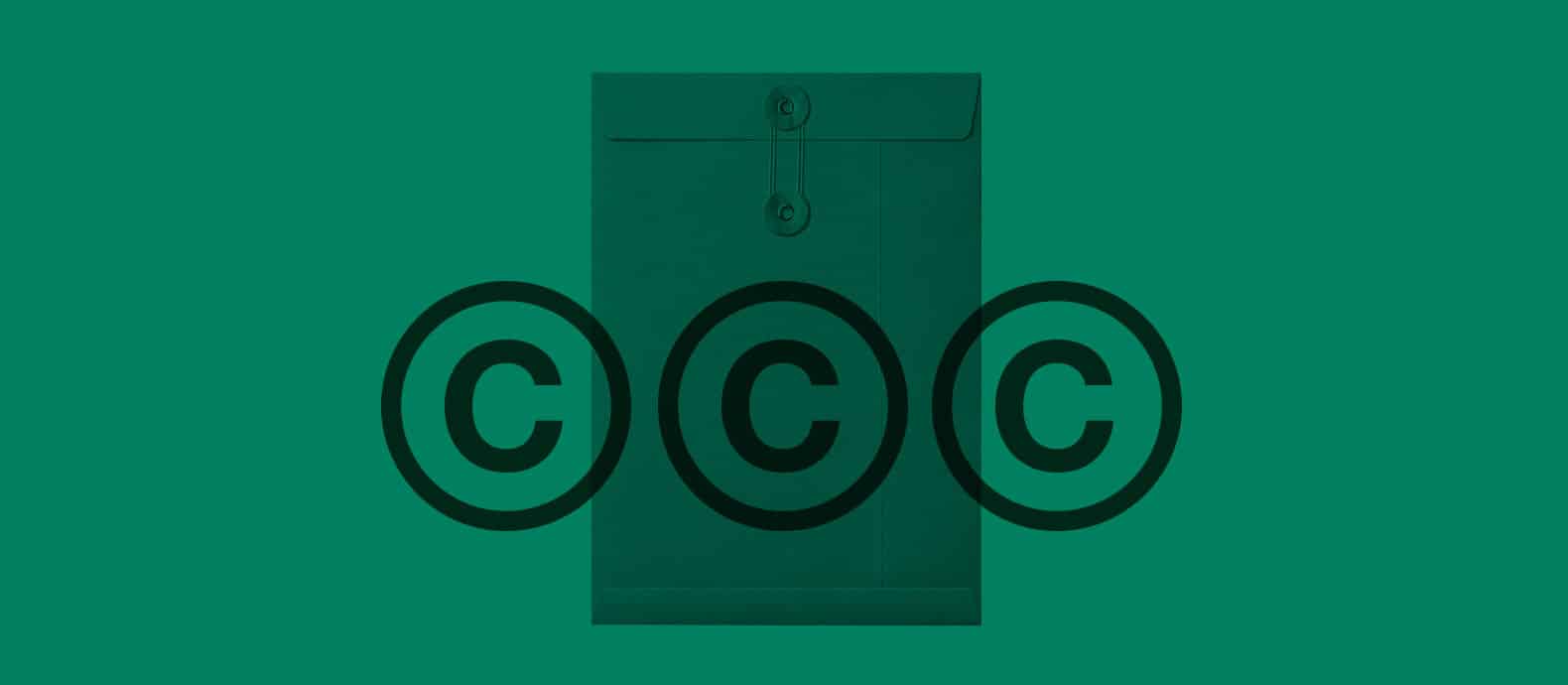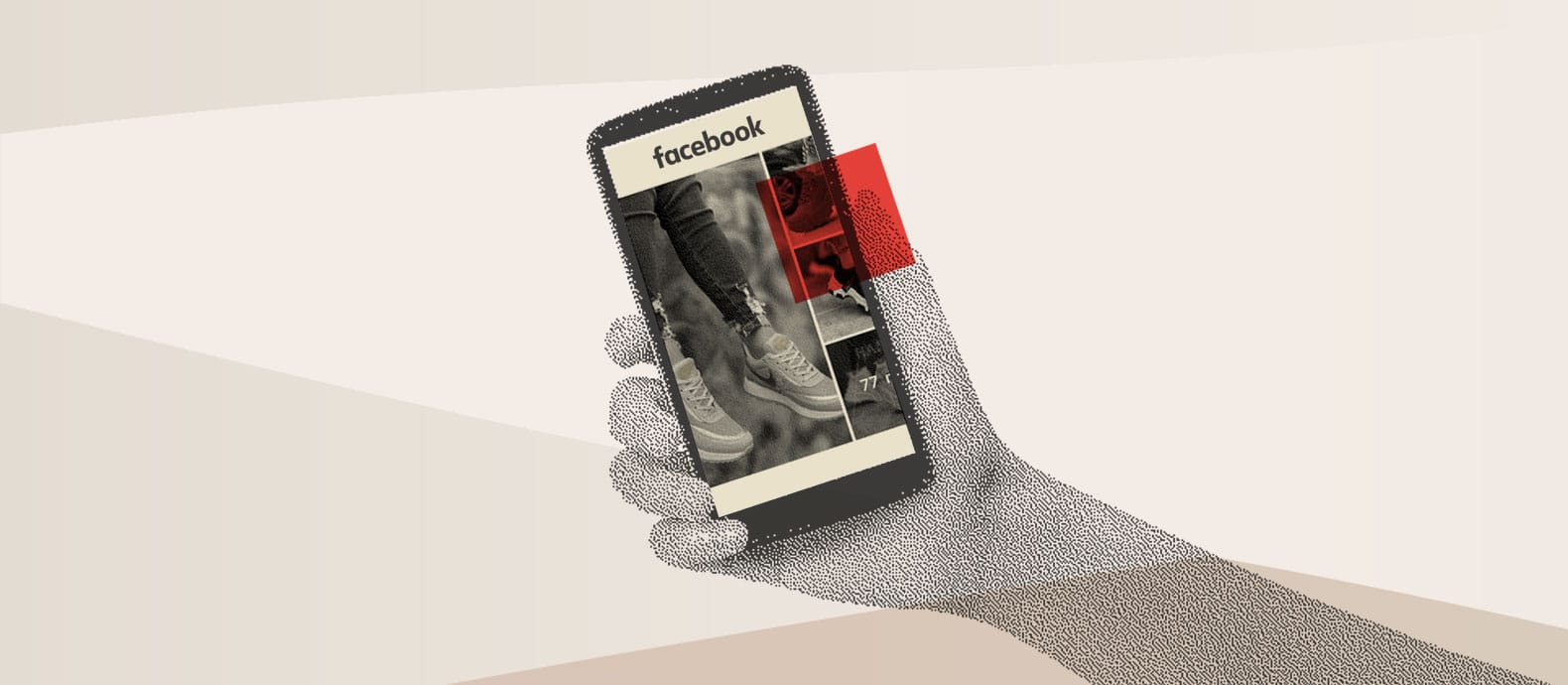More than 1.75 million businesses worldwide currently use Shopify to sell their products. The ecommerce platform enables businesses to build and customize online stores where they can then sell through multiple avenues, such as mobile, in person, social media, and so on. In 2020, however, 21% of Shopify stores were found to be fraudulent in some way. It’s not just customers who lose out to scam shopify stores or those riddled with counterfeit listings and copyright infringements; business owners arguably foot most of the damage.
Why? Because many of those scam sites will pose under the guise of an existing, legitimate business, feeding off of their good brand reputation to dupe new or loyal customers. In this article, we discuss:
- Copyright infringements and how they affect legitimate businesses,
- Shopify’s copyright policy, and
- How to report a copyright infringement on Shopify.
What is copyright?
Copyright is the legal protection of an original work, whether artistic, literary, architectural, technical, or scientific. The copyright owner is the creator: the person who created the work, and they are the only ones who can sell, publish, or reproduce the protected work. In order for the work to be copyrighted, it has to a) exist in either the physical or digital domains (so you can’t just copyright an idea, for instance), and b) be original.
For example, photos, blog posts, computer code, product descriptions, books, paintings, and so on fall under the umbrella of original works that are automatically copyrighted upon creation.
What is a copyright infringement?
All original works are automatically granted copyright. If anyone reproduces your work, whether you have officially registered it as copyright or not, they are doing so illegally. Copyright infringement falls under intellectual property (IP) theft. IP theft includes copyright and trademark infringements as well as counterfeiting. With any fake website pretending to be your brand in order to sell cheap knock-offs or harvest sensitive customer information, you can be sure your IP is being infringed upon in one way or another.
Whether you have registered your copyright or not, if you spot someone infringing on your copyright – for example, they’re using your product photos or copying the content on your ecommerce website without your permission – you can find the domain owner and send them a DMCA Takedown notice.
Why should brands be worried about copyright infringements?
Copyright infringements in the form of copycat content, counterfeit goods, and duplicate websites pretending to be your business are dangers facilitated by our digital era. Not only does a counterfeit good – a cheap knockoff of a product you sell – take business away from your brand and redirect it to a no-gooder; the hardest hit area of your business will be your brand reputation.
Similarly, duplicate content and fake websites can cause brand damage from multiple angles. They may steal your IP and diminish your revenue by attracting would-be customers with great deals that your business could never replicate. Worse, however, would be the damage that is done to your reputation.
Bad customer experiences spread further than simply one or two lost customers. Bad experiences can snowball, particularly if you haven’t managed to catch the perpetrator. This begins to dent your reputation, and once your reputation has been negatively impacted, the only hope you have is to throw considerable amounts of money into turning that reputation around again. A negative reputation can, however, sometimes be terminal.
This is why it’s vital to take steps to protect your brand reputation. One of the most effective ways of doing this is to buy brand protection software that can automatically detect and delete sites that sell counterfeit goods or infringe your content in any way.
Do you need to register your copyright to enforce it?
As we have already addressed, you don’t need to register your brand for copyright in order for it to be protected. Copyright is automatically awarded to your work if it’s original and exists in either the physical or digital domains. There are various steps you can take to further protect your copyright without officially registering your brand for copyright.
However, without official copyright protection, things can get a little tricky if you want to threaten court action. Having detailed paperwork naming you as the copyright owner is hugely helpful in a legal setting. In the US for example, it is actually necessary to have registered your copyright if you are intending on pressing charges. Copyright registration also enables the copyright holder to claim statutory damages, damages which the non-registered owner would have to prove in order to claim recompensation.
It is worth noting, however, that you cannot simply copyright an entire website. A website is made up of many elements. You can copyright photos, products, written content, and product descriptions under copyright law. Other elements, such as logos, brand names, and taglines will need to be protected under trademark law.
How to register your copyright?
Copyright rules and regulations are different in different countries. In some countries, such as the UK, it is not necessary to register your work as copyright at all. However, if you want to license your work in order to gain royalties from it, this is possible.
In the U.S., you can register your content for copyright for added protection (and in some cases, this is necessary if you want to follow up an infringement in a court of law). It’s a simple and cost-effective process. At the time of writing, the copyright registration fee advertised on the U.S. Copyright Office website is between $45 and $65. Multiple pieces of content can be submitted all at once, and the process is straightforward. Begin by heading to the registration section of the U.S. Copyright Office website.
What is Shopify’s copyright policy?
If you find that someone has infringed on your copyright through Shopify, the good news is Shopify has a straightforward system in place to counteract such infringements. It is, in fact, in Shopify’s interest to get infringing users taken down, since once they receive the DMCA request, they are then liable for the copied content.
On their webpage, Shopify claims it “expeditiously” responds to any copyright infringement notices, and in many cases they respond and act within 24 hours. If they agree that the content is an instance of copyright infringement, they will remove or disable access to the material claimed to be infringed upon, and they may even terminate the accounts of repeat infringers.
You can find out more about Shopify’s copyright and trademark rules on their website.
Examples of copyright infringements on Shopify
According to Shopify, the products at highest risk of infringing on someone’s IP are clothing, designer bags, watches, cosmetics, electrical items, and toys. Below, we list some of the ways in which bad actors lay claim to other businesses’ intellectual property.
- Using your product photos: Copying another company’s product photos is an invasion of their copyright. This is because photos are an original creation under copyright law, so therefore the copyright holder will either be the business owner or the photographer and should always be contacted to request permission to reuse their photos.
- Copying product design/creating counterfeits: Of course, the products being sold through Shopify themselves are original creations. Perhaps a fashion designer has used the exact same pattern that another designer originally came up with. Or someone has copied the products exactly (perhaps with cheaper products); this would constitute a counterfeit and is punishable by law.
- Stealing content: Whether your blog posts have been copied or your entire website has been cloned to fool your customers, you can (and should) make a claim about copyright infringement as soon as possible.
There are plenty of other infringements that can be made. Shopify is likewise swift at responding to trademark infringement claims, offering a similar process to report them.
How to report a copyright infringement on Shopify
Although Shopify tries hard to cut down on bad actors, it’s impossible to keep an eye on the 1.75+ million businesses buying and selling through the platform. This is why, in order to take down infringing content, Shopify needs to be alerted to the fact it exists.
Many fraudulent entities bank not only on the fact that they can hide among the masses, but also the reality that businesses rarely invest the time in catching copycats and fraudsters. And of course, scaling the internet can seem an overwhelming task.
This is why software that automatically detects, reports, and takes down infringing listings is imperative. Red Points scans over 5000 online marketplaces for infringing listings 24/7. Once it finds reused photos, counterfeit products, or unauthorized distributors, it automatically requests and takedowns of the offending content.
To do it manually, the procedure to report a copyright infringement on Shopify is straightforward. As long as you are the copyright holder – or you are authorized to make the claim on behalf of the copyright holder – you can either use their online form, or send them a notice with all the information required of a DMCA takedown notice. For the latter, you will need the following information:
- Your contact information (full name, address, phone number, and email address)
- Identification of the original copyrighted work that you believe has been infringed. Here you need to provide direct links to the original works, plus a detailed description of it.
- Identification of the infringing work on Shopify. Provide links to the content as well as comprehensive lists to each page detailing the content you want removed. Don’t just provide the shop link.
- The following statements:
- I have a good faith belief that use of the material in the manner complained of is not authorized by the copyright owner, its agent, or the law.
- I swear, under penalty of perjury, that the information in the notification is accurate, and that I am the copyright owner or am authorized to act on behalf of the owner of an exclusive right that is allegedly infringed.
- I acknowledge that a copy of this infringement notice, including any contact information provided above, may be provided to the person that posted the content being reported.
- Your physical or electronic signature
You need to send this DMCA notice to:
Shopify Trust & Safety
Shopify Inc.
151 O’Connor Street
Ground floor
Ottawa, Ontario
K2P 2L8
Canada
Or via email to: legal@shopify.com
Or, you can fill out Shopify’s online DMCA form.
- Click on the link above and log into your Shopify account. It will take you to the below page titled “Shopify DMCA Notice and Takedown Procedure”
- Fill out your contact details, starting with who owns the copyright.
- Firstly identify your original works that have been infringed upon, with links and detailed descriptions. Then do the same for the infringing works.
- Finally, agree with the declarations and finish by signing the document electronically. Shopify should respond within one day.
What’s next?
Shopify has enabled businesses around the world to reach their full potential. With 1.75 million businesses buying and selling across the platform, however, you can’t blame Shopify for not catching all copyright infringement cases.
Once Shopify has been alerted to any wrongdoers, they act quickly. But first, they need to be alerted to the copyright infringement. To detect copyright infringers, counterfeit salespeople, and unauthorized distributors is not so easy. Getting Red Points’ Marketplace Software enables you to avoid the possibility of ever having your bottom line and brand reputation damaged by fraudsters.







